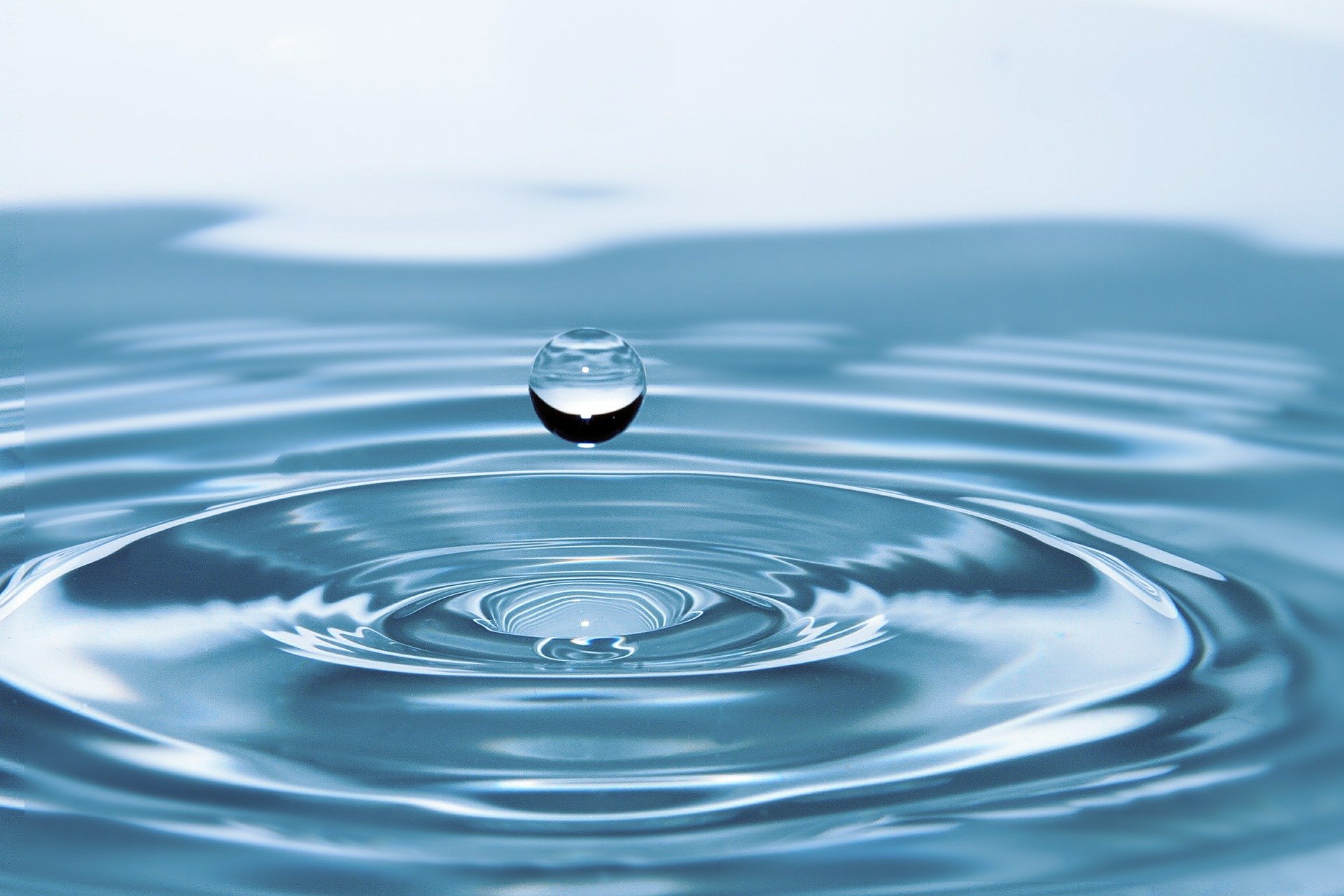The pulp and paper industry is one of the largest consumers of water resources, with significant volumes of wastewater generated during the manufacturing process. Effective treatment and reuse of this wastewater are crucial not only for regulatory compliance but also for environmental sustainability and cost reduction. Implementing a comprehensive system of pumping solutions is essential for managing and reusing wastewater efficiently. It is important to understand the strategies and technologies involved in effective pulp and paper wastewater reuse, and the role of Grundfos pumps in this critical process.
Understanding the Challenges in Pulp & Paper Wastewater Treatment
The pulp and paper manufacturing process involves various stages, including pulping, bleaching, and papermaking, each generating substantial wastewater containing organic and inorganic pollutants. These pollutants can include lignin, chlorinated compounds, suspended solids, and heavy metals, making the wastewater highly complex and challenging to treat. Effective treatment systems must address the following challenges:
High Organic Load: The presence of lignin and other organic compounds contributes to a high biochemical oxygen demand (BOD) and chemical oxygen demand (COD), requiring robust biological treatment processes.
Suspended Solids: Paper fibers and other suspended solids must be removed to prevent clogging and ensure the effectiveness of downstream treatment processes.
Chemical Contaminants: Chlorinated compounds and heavy metals require advanced treatment techniques to achieve safe discharge or reuse standards.
Strategies for Effective Wastewater Treatment and Reuse
Effective wastewater treatment and reuse in the pulp and paper industry involve multiple stages, each requiring specialized pumping solutions to ensure optimal performance and reliability.
Primary Treatment: Solids Removal
The primary treatment stage focuses on removing large, suspended solids and reducing the organic load. This typically involves screening, sedimentation, and flotation processes. Grundfos submersible wastewater pumps (SL and SE series) are ideal for handling the raw wastewater, efficiently transferring it to the primary treatment units.
Secondary Treatment: Biological Processes
Secondary treatment uses biological processes to degrade the organic pollutants in the wastewater. Aerobic and anaerobic treatment systems, such as activated sludge processes, are commonly used. Grundfos vertical in-line pumps (CR series) and horizontal end suction pumps (CM, LC, LF, and LCS series) play a crucial role in circulating wastewater through the biological reactors, ensuring adequate mixing and oxygenation.
Tertiary Treatment: Advanced Filtration and Disinfection
Tertiary treatment aims to further polish the wastewater by removing residual suspended solids, dissolved organics, and pathogens. Advanced filtration systems, such as membrane bioreactors (MBRs) and sand filters, are employed at this stage. Grundfos horizontal split case pumps (KP and KPV series) provide the necessary pressure and flow rates for efficient filtration while dosing pumps (DDA, DME, and DMH series) ensure precise chemical dosing for disinfection and pH adjustment.
Implementing Grundfos Pump Solutions
Grundfos offers a comprehensive range of pumps designed to meet the diverse needs of the pulp and paper industry’s wastewater treatment processes. These pumps are engineered for reliability, efficiency, and ease of maintenance, making them ideal for the demanding conditions of wastewater treatment.
Submersible Wastewater Pumps (SL and SE Series)
Grundfos submersible pumps are designed to handle raw wastewater with high solids content. Their robust construction and efficient hydraulics ensure reliable operation and minimal downtime, making them essential for the primary treatment stage.
Vertical In-line Pumps (CR Series)
The CR series pumps are highly versatile and efficient, suitable for various applications within the secondary treatment stage. Their compact design and high efficiency make them ideal for continuous operation in biological reactors.
Horizontal End Suction Pumps (CM, LC, LF, and LCS Series)
These pumps are designed for versatility and reliability, providing the necessary flow rates and pressure for secondary and tertiary treatment processes. Their modular design allows for easy customization to meet specific system requirements.
Horizontal Split Case Pumps (KP and KPV Series)
For high-capacity applications in the tertiary treatment stage, the KP and KPV series pumps offer excellent performance and reliability. Their robust construction ensures long-term durability, even in demanding applications.
Dosing Pumps (DDA, DME, and DMH Series)
Accurate chemical dosing is crucial for effective disinfection and pH control in the wastewater treatment process. Grundfos dosing pumps provide precise and reliable dosing, ensuring optimal treatment performance and regulatory compliance.
Benefits of Effective Wastewater Reuse
Implementing a comprehensive wastewater treatment and reuse system offers numerous benefits to the pulp and paper industry:
- Cost Savings: Reducing freshwater consumption and minimizing wastewater discharge lowers operational costs and mitigates the risk of regulatory fines.
- Environmental Sustainability: Recycling and reusing wastewater reduce the environmental footprint of the manufacturing process, promoting sustainability and conservation of water resources.
- Enhanced Process Efficiency: Advanced treatment processes ensure consistent water quality, improving the efficiency and reliability of the manufacturing operations.
Effective wastewater treatment and reuse are critical for the pulp and paper industry to achieve environmental sustainability and operational efficiency. Grundfos offers a wide range of pumping solutions tailored to meet the specific challenges of this industry, ensuring reliable and efficient wastewater management.
Illinois Process Equipment (IPE) and Our Partnership with Grundfos
At Illinois Process Equipment (IPE), we are committed to providing comprehensive solutions for the pulp and paper industry. Our partnership with Grundfos enables us to offer state-of-the-art pumps and systems designed for optimal performance in wastewater treatment and reuse applications. Our team of experts is trained in Grundfos equipment and dedicated to delivering full-service support, from system design and installation to maintenance and optimization.
Learn more about our pump and process equipment solutions for effective wastewater reuse in pulp and paper operations. Let us assist you in implementing sustainable and cost-effective solutions tailored to your specific needs. Contact IPE to learn more.



